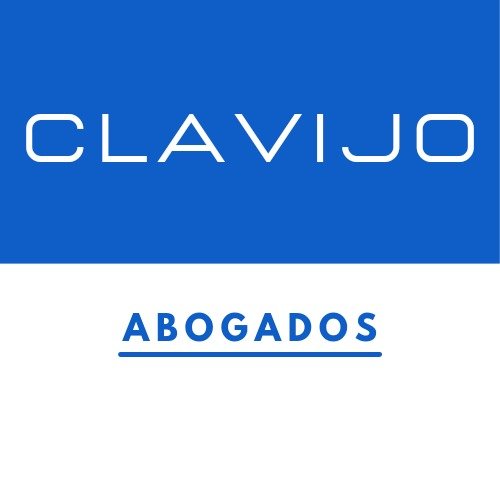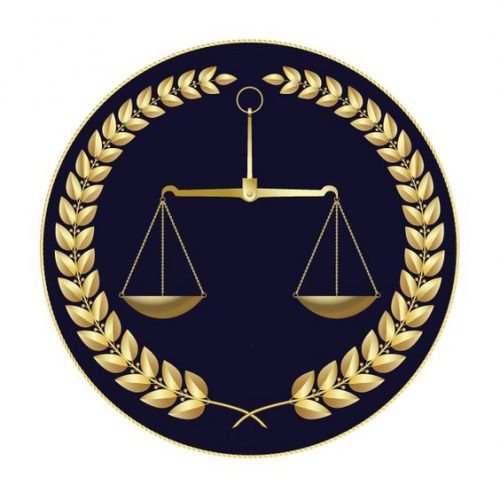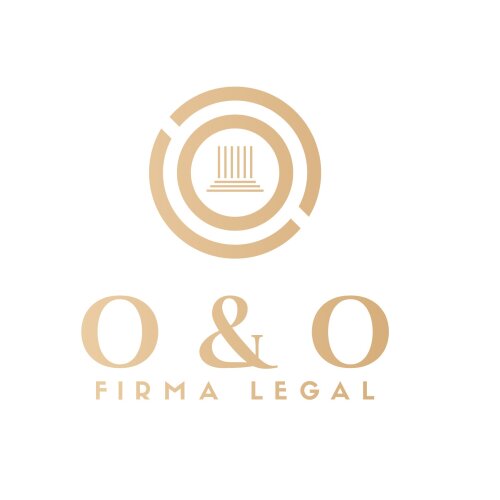Best Lawsuits & Disputes Lawyers in Bolivia
Share your needs with us, get contacted by law firms.
Free. Takes 2 min.
Or refine your search by selecting a city:
List of the best lawyers in Bolivia
About Lawsuits & Disputes Law in Bolivia
The legal framework for lawsuits and disputes in Bolivia is characterized by a blend of civil law traditions and local influences. The Bolivian legal system aims to ensure justice and uphold the rights of individuals and entities through its judicial structures. Disputes can range from civil disagreements, such as contract violations or property disputes, to more complex issues involving corporations or international parties. The Bolivian judiciary recognizes various mechanisms, including negotiation, mediation, arbitration, and litigation, to manage and resolve disputes.
Why You May Need a Lawyer
In Bolivia, seeking the assistance of a lawyer is crucial in several situations, especially those involving lawsuits and disputes. Common scenarios include:
- Contractual Disputes: Breaches or disagreements over terms in business, real estate, or personal contracts.
- Family Disputes: Issues such as divorce, custody, or inheritance that require legal intervention.
- Property Disputes: Conflicts related to land ownership, property boundaries, or rights of usage.
- Commercial Disputes: Business-related conflicts involving partners, suppliers, or clients.
- Tort Claims: Seeking damages for wrongs or injuries suffered due to another's actions or negligence.
The legal expertise is essential for navigating the complex procedural landscape and ensuring favorable outcomes.
Local Laws Overview
The legal system in Bolivia is primarily governed by the Political Constitution of the State, the Civil Code, and the Commercial Code, among other legislative instruments. Key aspects relevant to lawsuits and disputes include:
- Civil Procedure: The process for initiating and conducting civil cases, including the filing of complaints, responses, and evidence presentation.
- Alternative Dispute Resolution: Recognition and encouragement of mediation and arbitration as a means to resolve disputes without resorting to litigation.
- Statute of Limitations: Specific timeframes within which legal action must be initiated, varying by the type of case.
- Judicial Precedents: Decisions from higher courts can influence the outcomes of similar future cases.
- Consumer Protection Laws: Regulations protecting consumer rights in disputes with businesses or service providers.
Frequently Asked Questions
What is the first step in filing a lawsuit in Bolivia?
The first step involves consulting with a qualified lawyer to evaluate the merits of your case and prepare the necessary documentation to file a complaint with the appropriate court.
How long does it typically take to resolve a lawsuit in Bolivia?
Resolution times can vary widely depending on the complexity of the case, court caseloads, and whether the process involves trials or settlements. It can range from several months to a few years.
Are there alternative ways to resolve disputes without going to court?
Yes, Bolivia encourages mediation and arbitration as alternative dispute resolution methods, often quicker and less formal than litigation.
What are the costs involved in filing a lawsuit in Bolivia?
The costs can include court fees, legal representation fees, and potential costs for expert witnesses or additional evidence. It is advisable to discuss fees upfront with your lawyer.
Can a foreigner file a lawsuit in Bolivia?
Yes, foreigners can file lawsuits, but they may need to meet certain legal requirements, such as obtaining a permit or appointing a local legal representative.
Is it possible to appeal a court decision?
Yes, parties unsatisfied with a court’s decision may have the right to appeal to a higher court within specified time limits.
What happens if I lose a lawsuit and cannot pay the damages?
Failure to pay court-ordered damages can lead to enforcement actions, such as asset seizures. It’s critical to seek legal advice on managing obligations and potential settlements.
How do courts in Bolivia handle evidence in disputes?
Courts require evidence to be presented clearly and formally. Legal representation can aid in gathering and presenting evidence effectively.
Can legal proceedings be conducted in languages other than Spanish?
Spanish is the official language for court proceedings, although translation services may be available for indigenous languages or languages understood by parties involved.
How do I choose the right lawyer for my case?
It is important to select a lawyer with specific expertise in the area of law your case involves, along with a good track record and references. Professionalism, communication, and understanding of your needs are key factors to consider.
Additional Resources
For further assistance with lawsuits and disputes, consider contacting the following organizations:
- Ministry of Justice and Institutional Transparency: Offers official guidance and support regarding legal processes.
- Bolivian Bar Association (Colegio de Abogados de Bolivia): Provides information and resources about registered legal professionals.
- Consumer Protection Agency: For disputes involving consumer rights.
- Legal Aid Organizations: Non-profit entities offering legal assistance to individuals who may not afford legal representation.
Next Steps
If you need legal assistance in lawsuits and disputes, consider taking the following steps:
- Consult a Lawyer: Contact a lawyer specializing in disputes to discuss your situation and explore your legal options.
- Research Brief yourself on relevant laws and prior case outcomes similar to your situation.
- Documentation: Gather all relevant documents, contracts, communications, and evidence regarding your dispute.
- Mediation First: Consider mediation as a first step to resolving your dispute, as it can be less time-consuming and costly than court litigation.
Taking early action and seeking professional advice is crucial for effectively managing and navigating lawsuits and disputes in Bolivia.
Lawzana helps you find the best lawyers and law firms in Bolivia through a curated and pre-screened list of qualified legal professionals. Our platform offers rankings and detailed profiles of attorneys and law firms, allowing you to compare based on practice areas, including Lawsuits & Disputes, experience, and client feedback.
Each profile includes a description of the firm's areas of practice, client reviews, team members and partners, year of establishment, spoken languages, office locations, contact information, social media presence, and any published articles or resources. Most firms on our platform speak English and are experienced in both local and international legal matters.
Get a quote from top-rated law firms in Bolivia — quickly, securely, and without unnecessary hassle.
Disclaimer:
The information provided on this page is for general informational purposes only and does not constitute legal advice. While we strive to ensure the accuracy and relevance of the content, legal information may change over time, and interpretations of the law can vary. You should always consult with a qualified legal professional for advice specific to your situation.
We disclaim all liability for actions taken or not taken based on the content of this page. If you believe any information is incorrect or outdated, please contact us, and we will review and update it where appropriate.
Browse lawsuits & disputes law firms by service in Bolivia
Bolivia Attorneys in related practice areas.
Browse lawsuits & disputes law firms by city in Bolivia
Refine your search by selecting a city.














